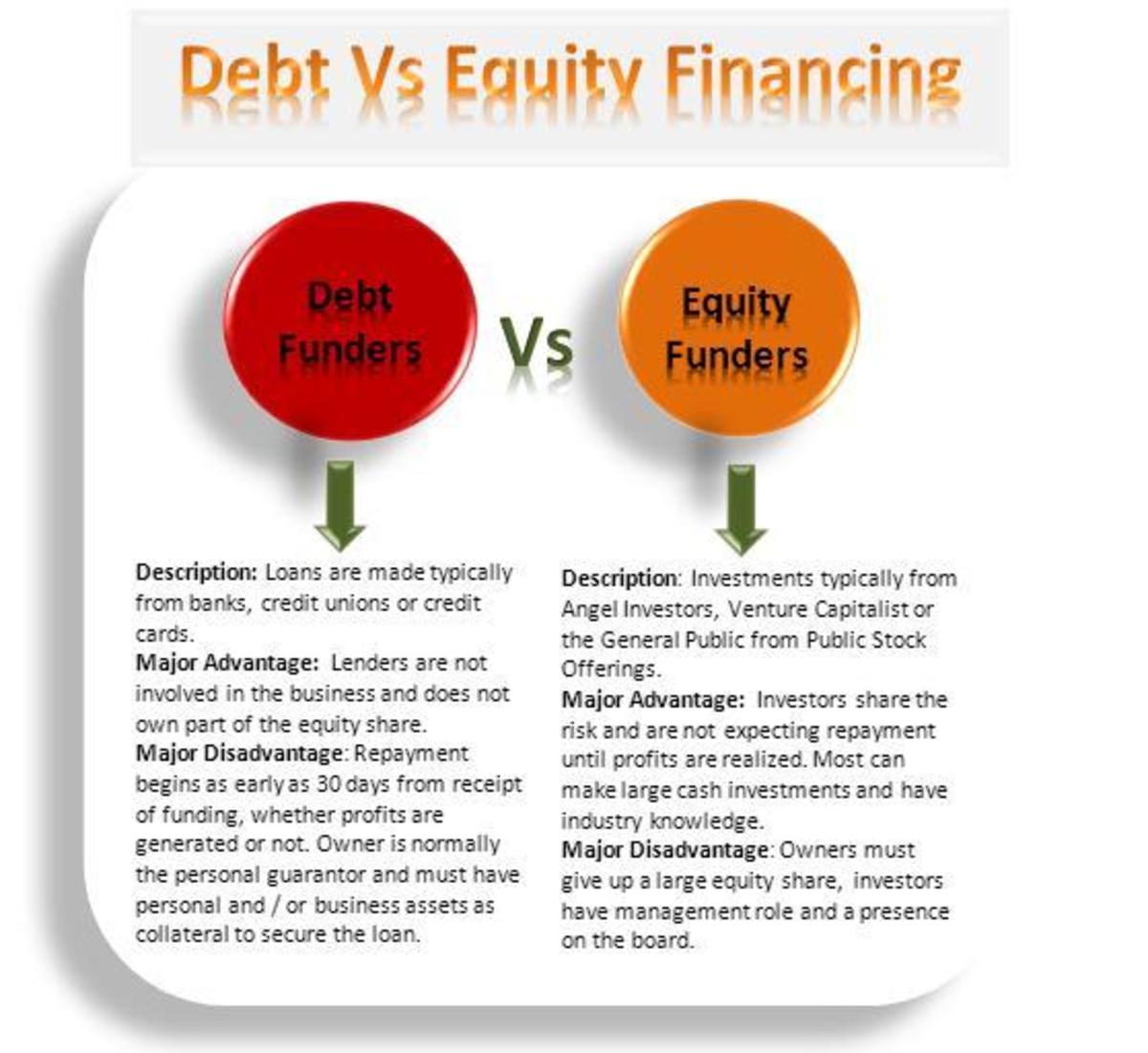Top 8 Things Small Business Owners Do To Limit the Value of their Business
Business Value Can be Managed if the Business Owner Can be Managed
If you read too many business magazines you might find yourself believing that creating a valuable business is more luck than skill.
Small business owners often confuse business earnings or profit with the actual value of a business. All profits are not created (or valued) equally. A fundamental method of measuring the value of a business is applying a multiple to earnings. Take two businesses that have the exact same earnings of $100,000. Will they have the exact same value to a business buyer? No.
Small business ownership can make you wealthy if you manage the business to build it's value.
Why not? There are many, many reasons. Here are some examples of why business buyers value earnings differently, we'll use the $100,000 earnings for company A and B example.
- What is the quality of the earning? Company A earnings have been up for 5 consecutive years, company B earnings have been down for 5 consecutive years
- Company B financial statements are cleaner than company A and a buyer will pay more for a company with cleaner books because there is less risk.
- Company A has 5 lawsuits against it, company B never had any lawsuits.
- Company B has well documented processes and it's easier to train employees, therefore B's owner can take lots of time off. Company A, with no processes, couldn't stay open a week without the owner at the business.
- I could give you a hundred more variables as to why one business' $100,000 profit is worth more, or less, than another business' $100,000 profit.
As you can see business value and corresponding multiples of earnings is based on a number of fundamental factors that a business owner can control and these factors effect how valuable the business is. There are many businesses that are very valuable to the current owner but of little va;ue, or much lower value, to a buyer.
Value Guides for Businesses
8 Mistakes Business Owners Make that Hurt their Business Value
Mistake #1: Keep your financial records as obscure and inaccurate as possible to make sure that the IRS can't figure out if you made a profit. Effect: If the IRS can't figure out if you made a profit neither will a buyer.
Mistake #2: Don't know what your competitors are doing, just assume you know what you don't know. Effect: If you don't know where your prices or services fit in the market your prices are probably too low. If they are too low you are missing profit. A smart buyer will know this and buy your business based on your under-achieved profits, increase the prices and make more money from your business than you did.
Mistake #3: Don't document any systems, just spend 20 hours a day at the business and when somebody needs to know something they'll ask. Effect: If you get hit by a truck, the business will be in the tank before you're out of the hospital.
Mistake #4: Let people who you didn't train..... be the people who train the new guy. Effect: See #3 above.
Mistake #5: Mix your personal finances with your business finances. (Relates to #1 above). Effect: You won't be able to plan since you don't know what your real business results are.
Mistake #6: Don't get the proper small business insurances you need. Example, many businesses who should have product liability coverage..don't. Often they also fail to obtain adequate umbrella coverage or have policies that don't adequately cover the risks. Do you know the difference between a claims made policy and an as occurred policy? Effect: Buyers don't want to be exposed to litigation, which is inadequately insured, created by the business before they buy the business.
Mistake #7 - No documented policies related to employees, i.e. vacation, sick pay, etc. Are employees classified as salaried who should not be? Are there 1099 contractors who really should be W-2 employees? Effect: If the best buyer for your business is a big company they will spend a lot of time in due diligence of employment practices and they don't want to inherit confusion and risk associated with your management of employee practices. Clear, legal written policies that are adhered to is the best policy.
Mistake #8 - Let your customer concentration get out of balance. Meaning one or two customers represent a huge portion of your business Effect: A business with 2-3 customers that do 90% of the business is more risk than a business that has 100 customers each doing 1%. If your top customer does 75% of your business it might be easy for you to manage but if that customer leaves you, you'll take BIG steps backwards. Try to get your largest customer to represent no more that 10% of your total sales.
While it's easy to get wrapped up in making a business profitable always keep an eye on the things that make a business valuable. I can guarantee every business owner one irrefutable fact.. You will exit your business, either willingly or not, but it is 100% guaranteed. When you leave your business do you want it to be valuable for a buyer or do you just want to shut it down?








